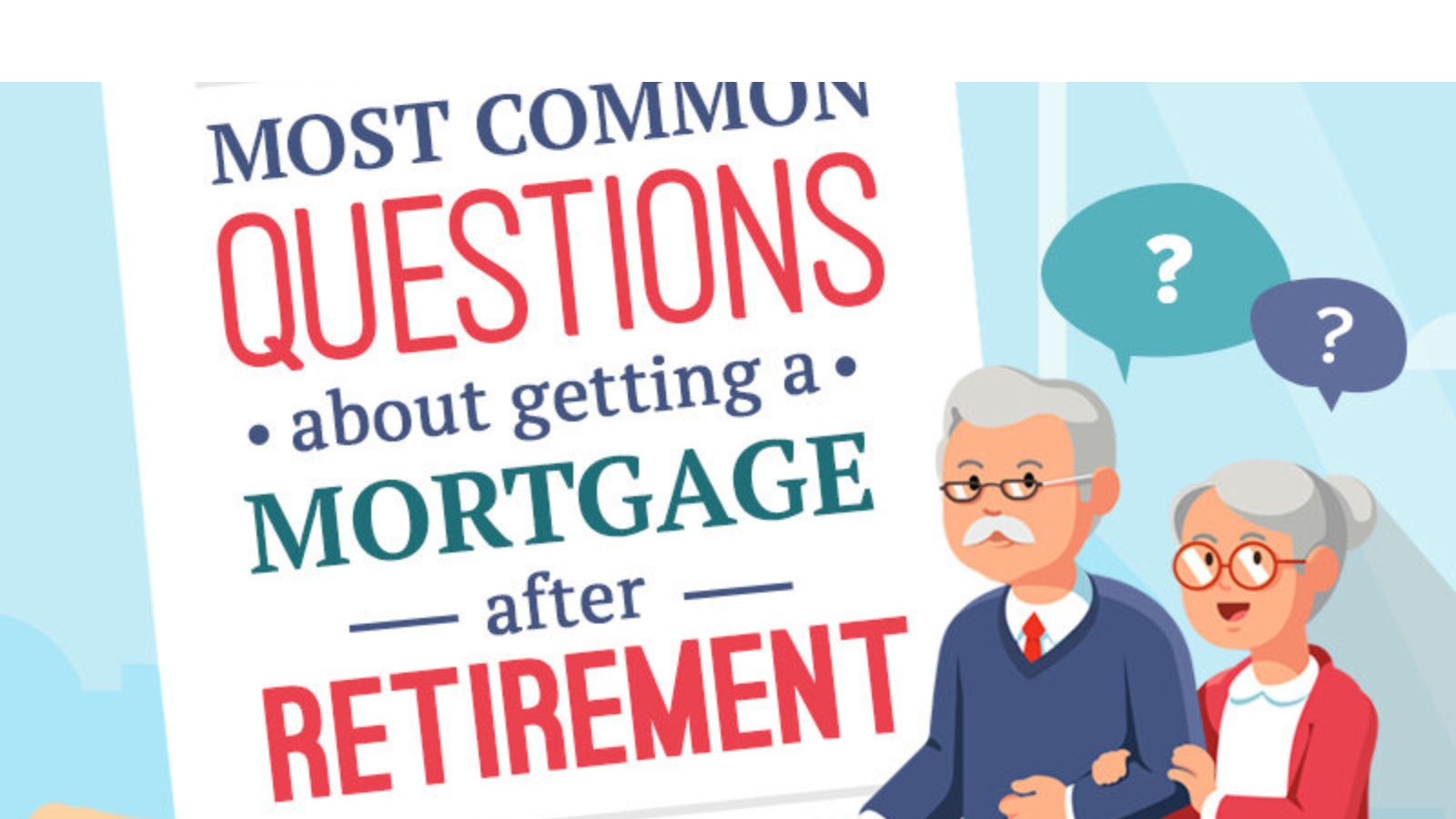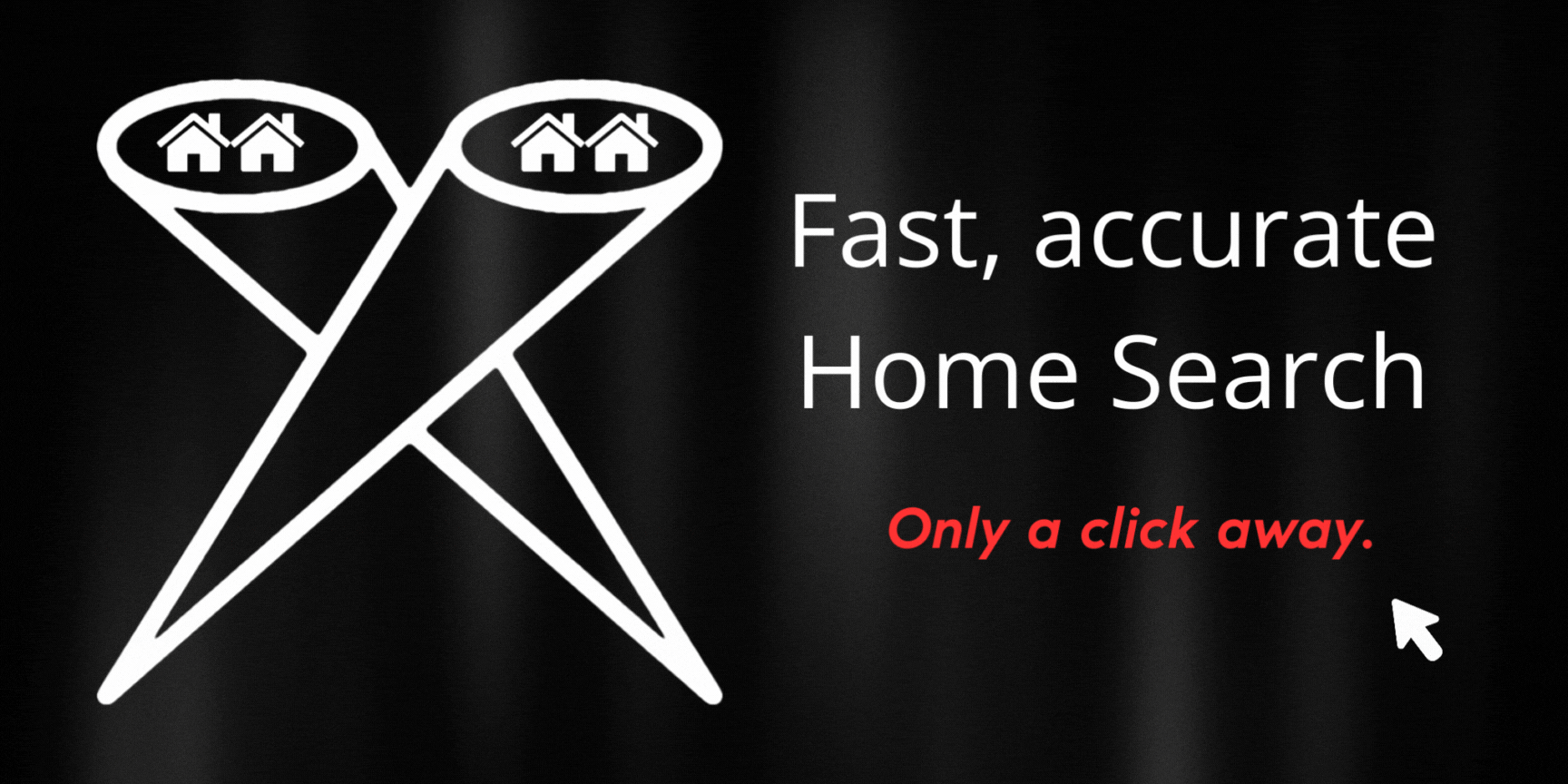Retirement is a time to relax and enjoy the fruits of your labor. However, for those looking to buy a new home or refinance their existing mortgage, the process can seem daunting. Many retirees worry about their ability to qualify for a mortgage without a regular source of income. Fortunately, there are options available for retirees in the Bay Area who are looking to secure a mortgage. In this comprehensive guide, we will answer some common questions and provide valuable insights to help you navigate the mortgage process after retirement.
1. What Will Lenders Consider as Income in the Bay Area?
When applying for a mortgage in the Bay Area, lenders will consider various sources of income to assess your ability to repay the loan. Here are some income sources that lenders typically take into account:
- Income from a regular or part-time job, if applicable.
- Income from a brokerage account or retirement savings.
- Transfer payments like Social Security and pension.
- Invested assets.
- Household income, including income from non-borrowing household members.
It’s important to note that lenders may have specific requirements and guidelines when it comes to considering income from these sources. Consulting with a mortgage professional can help you understand the specific criteria lenders in the Bay Area use to evaluate income.
2. How Do Lenders Calculate Income for Retirees in the Bay Area?
For retirees without traditional employment, lenders in the Bay Area use different methods to calculate income. Here are two common approaches:
Asset Depletion Method
If you have substantial invested assets, lenders may use the asset depletion method to calculate your income. The lender will determine the current aggregate value of your invested assets and subtract the amount for the down payment and closing costs. They will then take 70% of the remaining value and divide it by 360, which represents the number of months’ payment on a 30-year mortgage.
Drawdown from Retirement Method
If you’re at least 59 ½ years old, you can provide documents or receipts that verify your recent withdrawals from retirement accounts. Lenders will consider these withdrawals as income when assessing your ability to repay the mortgage.
3. Factors Affecting Mortgage Approval in the Bay Area
In addition to income, several other factors can impact the approval of your mortgage application in the Bay Area. It’s crucial to understand these factors and take them into account before applying for a mortgage. Here are some key considerations:
Credit Score
Your credit score plays a significant role in mortgage approval. Lenders typically prefer a credit score of 780 or higher, as it demonstrates strong creditworthiness. A higher credit score can increase your chances of getting approved and may even lead to better interest rates. Keep in mind that a good credit score can compensate for other factors that may be less favorable.
Debt-to-Income Ratio (DTI)
Your debt-to-income ratio is another important metric lenders evaluate. It compares your total monthly debt obligations to your gross monthly income. In the Bay Area, the safe percentage for DTI is generally considered to be 43% or lower, although it can vary among lenders. Ideally, your DTI should be around 36%, with no more than 28% allocated toward mortgage payments.
House Expense Ratio
The house expense ratio takes into account your housing payments, including mortgage principal and interest payments, property taxes, mortgage insurance, hazard insurance, and association fees. Lenders calculate this ratio by dividing the sum of these expenses by your pre-tax income. It is typically recommended to keep this ratio below 36% of your income.
Post-Closing Liquidity
Lenders will also assess your post-closing liquidity, which refers to the availability of liquid assets after completing the mortgage transaction. They typically require you to have assets that can cover at least six months’ worth of housing expenses. To calculate post-closing liquidity, add up all your verified financial assets and subtract the closing costs and equity for the loan.
Considering these factors and ensuring they align with lender requirements can increase your chances of mortgage approval in the Bay Area.
4. Down Payment Requirements in the Bay Area
The amount of down payment you’ll need to make depends on the method used to determine your income. In the Bay Area, lenders typically require a down payment of at least 20% for conventional mortgages. However, there are other options available that may require a lower down payment or even offer zero down payment. These options include:
VA Loans
If you’re a veteran or a military spouse, VA loans are an excellent option. They offer the advantage of a zero down payment and often come with competitive interest rates. If you qualify for a VA loan in the Bay Area, it can significantly ease the financial burden of purchasing a home.
Reverse Mortgage
A reverse mortgage, also known as the Home Equity Conversion Mortgage (HECM) for purchase program, is specifically designed for seniors aged 62 and older. This type of loan allows retirees to convert a portion of their home equity into loan proceeds, which can be used to finance a new home purchase. With a reverse mortgage, repayment is typically deferred until the house is sold or the borrower passes away.
5. Tips for Retirees Getting a Mortgage in the Bay Area
Getting a mortgage after retirement can be a smoother process if you keep a few essential tips in mind. Consider the following suggestions to enhance your chances of securing a mortgage in the Bay Area:
1. Opt for a Primary Residence
If possible, apply for a mortgage for your primary residence rather than a vacation or investment property. Lenders typically offer lower interest rates for primary residences, making it more affordable for retirees.
2. Make Extra Mortgage Payments
If you have the financial capacity, consider making extra mortgage payments. By paying more than the required amount, you can shorten the loan term, reduce overall interest payments, and potentially lower your monthly payments over time.
3. Consider Tax Implications
If you plan to use a significant amount of cash from an IRA or another tax-deferred retirement plan for the down payment, be aware that it may put you in a higher tax bracket. Consult with a tax professional to understand the potential implications and plan accordingly.
4. Prepare for Future Expenses
Account for potential inflation, property tax increases, and unforeseen circumstances such as medical emergencies or rising healthcare costs. Having a financial contingency plan in place will ensure you can handle these expenses while meeting your mortgage obligations.
By following these tips, retirees in the Bay Area can navigate the mortgage process with confidence and secure a loan that meets their needs.
Additional Considerations: Flood Insurance
In the Bay Area, it’s crucial to consider the need for flood insurance, even if you don’t live in a designated flood zone. Climate change and changing weather patterns have made flooding a more significant concern in many areas. Protecting your investment with flood insurance can provide peace of mind and financial security. Make sure to evaluate whether flood insurance is necessary for your property and consult with an insurance professional for guidance.
Conclusion
Retirees in the Bay Area can indeed secure a mortgage, even without a traditional source of income. By considering various income sources, understanding lender evaluation methods, and fulfilling specific criteria like credit score, debt-to-income ratio, and house expense ratio, retirees can increase their chances of mortgage approval. Exploring alternative loan options such as VA loans and reverse mortgages can also provide additional flexibility. By following the tips provided in this comprehensive guide, Bay Area retirees can navigate the mortgage landscape with confidence and achieve their homeownership goals. Remember to consult with a mortgage professional to understand the specific requirements and options available to you in the Bay Area.





